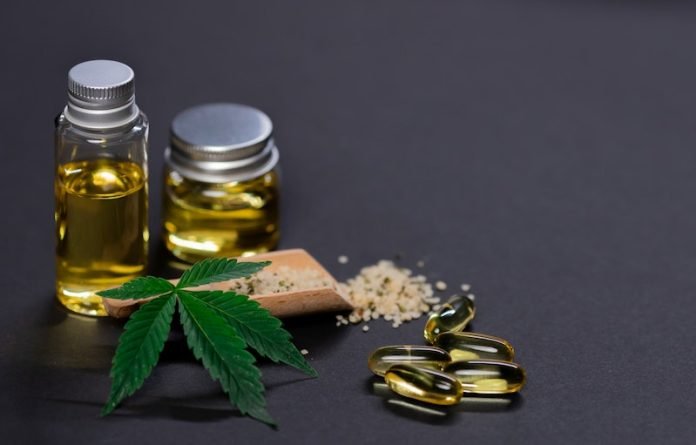
In a study from Florida State University, scientists found medical cannabis could be an important alternative to opioids when managing pain.
They found that people reported being in less pain and could function better physically and socially after using medical cannabis.
It also found that the majority of those who had been taking oxycodone, codeine, and other opioids to treat their pain were able to stop or reduce them via using medical cannabis.
The results suggest that used under proper medical supervision, medical cannabis—cannabis and cannabis-based medicines—could reduce opioid use in certain people.
This may help to alleviate the opioid epidemic in the US, though more research is needed.
Opioids are effective painkillers, but they are also highly addictive.
Drug overdose deaths involving opioids (prescription and non-prescription, such as heroin) have increased more than eight-fold since 1999 in the US, with more than 550,000 deaths from 1999 to 2020.
Although the US is at the center of the opioid crisis, the issue is an increasing public health concern in other countries, including the UK, Sweden, and Australia.
The use of medical cannabis is now legal in the majority of states in the US and patients are increasingly using it instead of opioids to control pain. However, research into the viability of substituting medical cannabis for opioids is limited.
In the study, the team carried out a detailed survey of medical cannabis users shortly after its medical use was legalized in the state.
The 2,183 participants had a range of conditions, including anxiety disorders, chronic pain, depression, insomnia, and post-traumatic stress disorder (PTSD). Most of them were using medical cannabis daily.
The team found that most of the participants (90.6%) found medical cannabis to be very or extremely helpful in treating their medical condition and most (88.7%) said it was very or extremely important to their quality of life.
Levels of pain improved in 85.9% of participants.
Some 84% said that health problems weren’t interfering with their normal social activities as much as before and more than half said physical activities, from housework to running, weren’t as difficult as they had been.
The majority of participants (68.7%) experienced at least one side-effect, the most common of which were dry mouth, increased appetite, and drowsiness.
Most (61%) of the participants had been taking opioids before being prescribed medical cannabis, with many (70.5%) taking them for at least two years.
Further analysis found that 79% of those who had been taking opioids were able to stop or reduce them.
The number of participants taking hydrocodone with acetaminophen (paracetamol) and oxycodone with acetaminophen, the two most commonly used opioids in the study, fell five-fold.
Some 11.47% reported improved functioning better in daily life.
The researchers say that their results indicate that medical cannabis can be used instead of opioids to manage pain, without harming health.
If you care about cannabis, please read studies that what you need to know about cannabis and heart attack, and CBD from cannabis may help inhibit COVID-19 infection.
For more information about cannabis, please see recent studies that medical cannabis could help reduce depression, and results showing this stuff in cannabis may protect the aging brain, and treat Alzheimer’s.
The study was conducted by Carolyn Pritchett et al and published in Substance Use and Misuse.
Copyright © 2022 Knowridge Science Report. All rights reserved.



